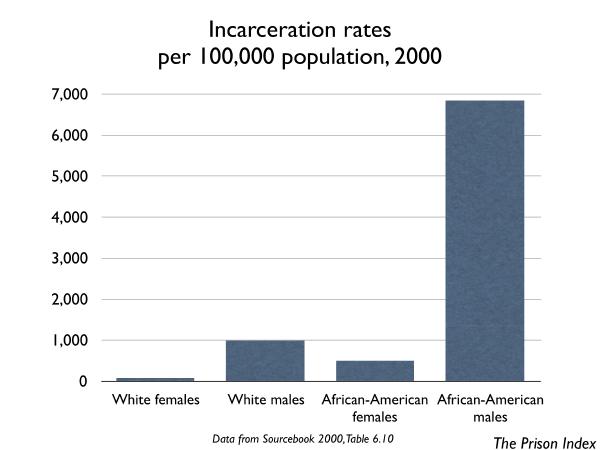I had an amazing childhood. I went on vacations every year, I had a strong relationship with my father and grandfather through baseball, I helped my mom and grandma make cookies, and all in all, I spent hours upon hours with my family.
I loved it.
I grew up in what seemed to be a magical world; a world where the design was set by my family. All of their ideas, beliefs, and stories I stored into my mind as fact. I grew up in a system that stood strong until high school, when I came into contact with the real world.
I began taking the subway to school everyday into the NYC, making friends from different states, ethnic back grounds, and socio-economic statuses, and learning at an esteemed institution, Regis High School, known for its liberal ideologies. The change in atmosphere, at first, was refreshing, but soon, I began to run into a problem: the clash between my childhood fantasy land and the reality of life.
I differed from my friends in many ways. Some were a lot wealthier than myself, and hence, their families were more educated. I found myself debating with these kids at lunch about many issues. For example, they would say something about President Obama, and I would immediately exclaim, “He’s a terrible President!” Not because I knew what i was talking about, but because my family was Republican and did not support him.
Others, were a lot less fortunate than myself, and I had no means to relate to their experience. These kids would not go out to eat with some of my friends after school, and they would often complain about how expensive things were. These were the kids that held jobs, and I would often times think, “Why do they have a job? They should be studying.”
As a thirteen year old kid, I had no idea how to process these questions and experiences. In previous blogs I have talked about how this predicament led me to service and how my experiences in disadvantaged communities had an impact on me, but it also had a great impact on my family. When my family started to see me take interest in these issues, maybe even more than sports like in the past, they began to ask questions. Conversations became deeper and more personal, and while at times we debated between each other about different issues, my family fully supported my newfound interests.
I was able to learn that my family’s, especially my parents’, passion was my passion; furthermore, they fully supported what ever I found intriguing. They soon became my biggest supporters, and in many cases, asked the question, “Hen, why don’t you do more?” My family became the driving force behind a number of my service projects. I’ve already talked about how my mom gave me the idea of the Super Bowl Boxes for AIDS orphans in Kenya, but their impact on me did not end there. They began to actively get involved in what I loved.
My family was not “bad” or “racist” they just didn’t have the same experiences or education that I was blessed to have, and with confidence, I am able to say that they are one of the major reasons why I am the person I am today.

